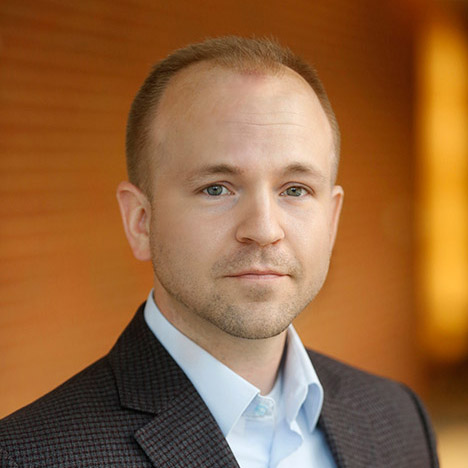
Many patients in the late stages of serious chronic illness risk receiving interventional medical care that could exceed their personal wishes, degrade their patient experience, and ultimately, prolong death. One approach to avoiding this calamity is called “whole-person” care, in which the illness is managed with an emphasis on the patient’s personal desires rather than the disease’s behavior.
A new study from the School of Public Health and Allina Health used one such person-centered approach, called LifeCourse, which shows that a patient’s experience significantly improves compared to usual care within just six months.
The study was published in the American Journal of Hospice & Palliative Medicine.
“At some point for people in the later stages of managing a complex, chronic disease, it’s helpful to have conversations about concerns like end-of-life planning, personal meaning, and family matters,” says lead author and Assistant Professor Nathan Shippee. “What LifeCourse does is essentially take a team-based model to help patients think about and articulate the questions, concerns, and goals that they have.”
LifeCourse care teams include a chaplain, nurse, pharmacist, social worker, and marriage and family therapist. The primary contact between the team and patient is provided by a care guide, who is a lay health care worker trained to ask about the individual’s whole-person needs and connect them to medical and non-medical support.
For the study, the researchers identified patients with diseases like cancer, dementia, diabetes, and heart failure. They studied two groups: one group was offered standard “usual care” and the other received LifeCourse. The team compared patient experience scores between the two groups using a 21-item LifeCourse experience tool developed by the LifeCourse research team and colleagues.
“With LifeCourse, we saw a significant improvement in patient experience over usual care,” says Shippee. “It’s encouraging because we had people in various stages of treating their disease and it shows that, in a short period of time, experienced patients who have been receiving care for their conditions for a long time felt the care was more centered around them as a person.”
Specifically, LifeCourse participants said they had an increased sense of improved communication, understanding of their own goals, and that the care team was keeping the patient’s wishes central in planning their treatment.
Shippee said that health system leadership and clinician leaders who seek to improve the quality of care and patient experience should be aware of the results. In particular, he said the model’s use of care guides could be particularly attractive because they help make caring for patients easier and could be easily trained and hired.
“With whole-person care, we can get a better picture of people in terms of who they are and what they think is important and translate that into care the is better oriented toward them as a person,” says Shippee. “They’ll have a better patient experience, and more broadly, there will be an improved feeling about how the process is going for all parties involved.”

